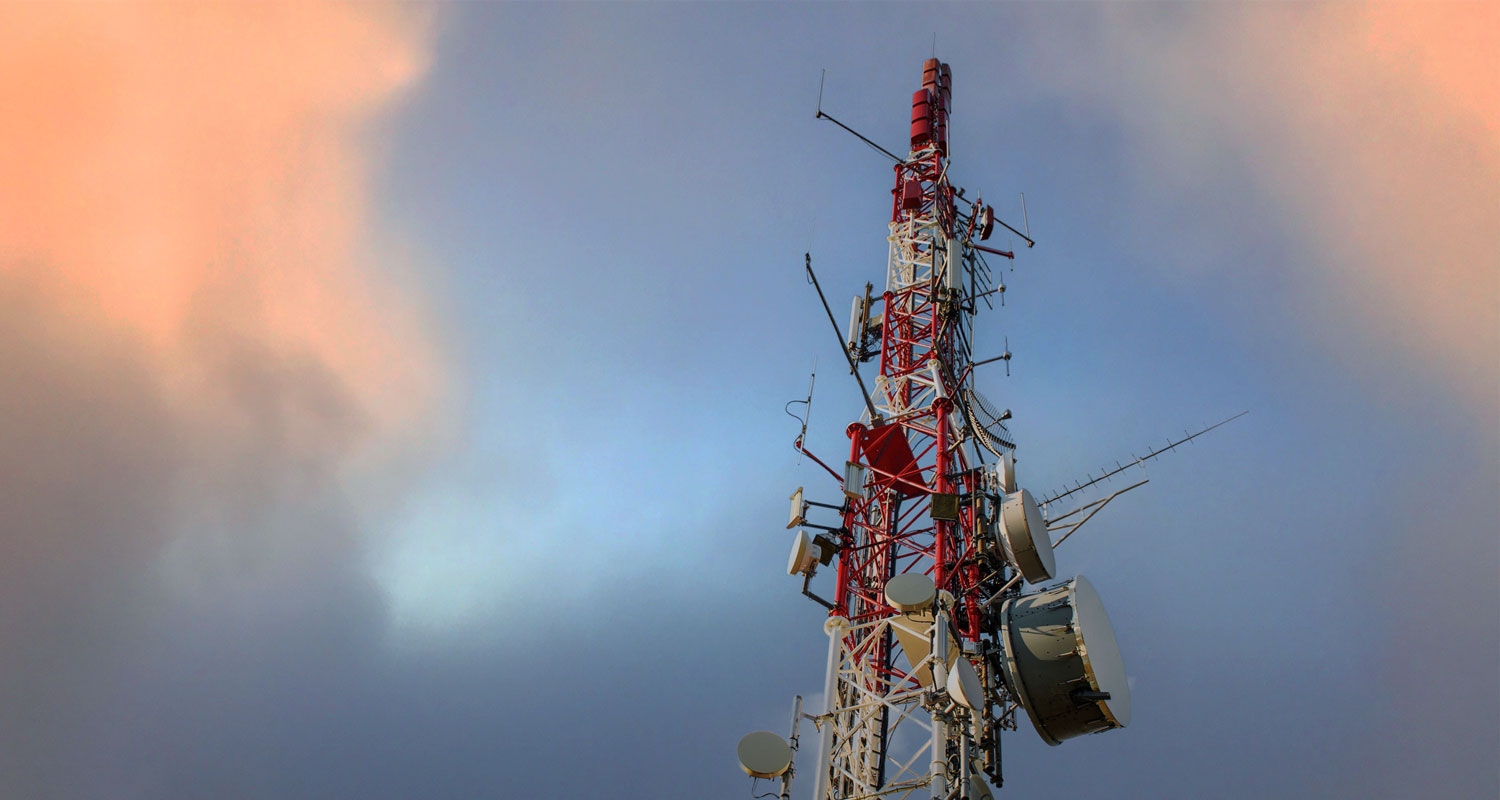 The costs incurred because of load shedding are not the only “extra” challenge Telkom has to deal with: the group also had to cope with significant theft of and damage to its equipment.
The costs incurred because of load shedding are not the only “extra” challenge Telkom has to deal with: the group also had to cope with significant theft of and damage to its equipment.
Group CEO Serame Taukobong, speaking to the TechCentral Show this week, said that in the past six months alone at least 1 800 batteries – costing on average about R250 000 each – have been stolen from base stations. This equates to R450-million in the six-month period.
Worse still, Telkom’s efforts to secure the batteries have resulted in criminals vandalising the base stations housing them. Taukobong said the group has enlisted the help of the police and the army to try to safeguard its infrastructure.
The group has also tried to minimise the impact of power shortages by commissioning a 168kWp solar PV plant for Bellville in April last year, which is in operation, and by installing lithium batteries as backup power for diesel generators where possible.
Nevertheless, due to the accelerated load shedding over the past year, diesel consumption for backup generators increased by a staggering 190%, costing Telkom R503-million during this period.
Also, to try to reduce dependency on polluting energy sources, wholesale subsidiary Openserve has deployed smart power backup technology at more than 310 of its sites and hopes to double this in 2024.
Telkom is not the only communications provider suffering the effects of South Africaa’s sky-high crime rate.
R1.5-billion
MTN South Africa chief technology and information officer Michele Gamberini said in March that the company will spend at least R1.5-billion this year to secure its network against both severe load shedding and vandalism.
Gamberini said MTN will use the R1.5-billion — which could be increased further, if needed — to build resilience in its network, protect its infrastructure from vandals and deploy thousands of additional batteries to ensure its sites remain operational during extended power outages.
TCS | Michele Gamberini on the criminal assault on MTN’s base stations
He said that in the past year, there have been more than 400 unique attacks on its tower infrastructure in the Eastern Cape alone. Some sites have been hit as many as 15 times. – © 2023 NewsCentral Media




